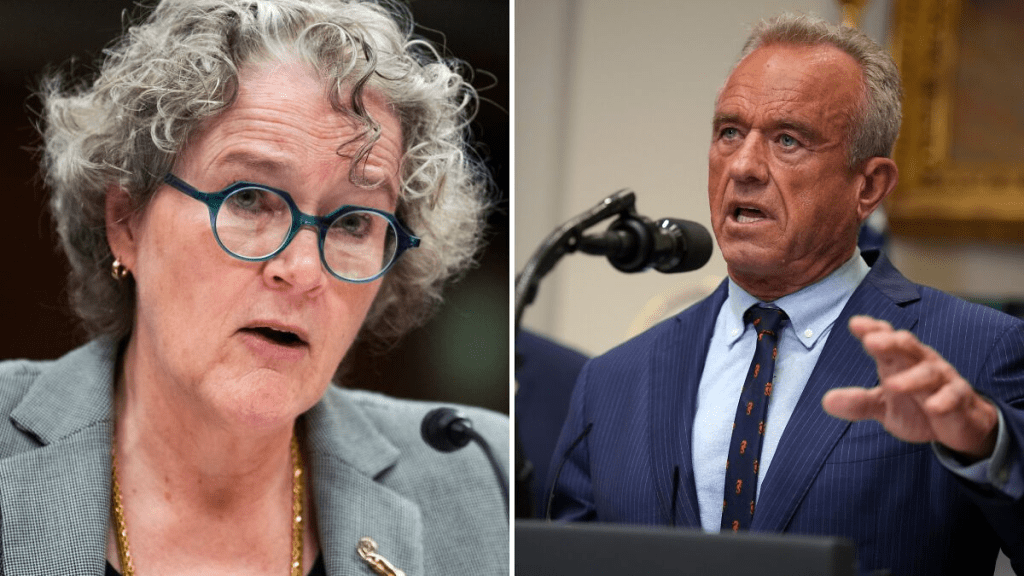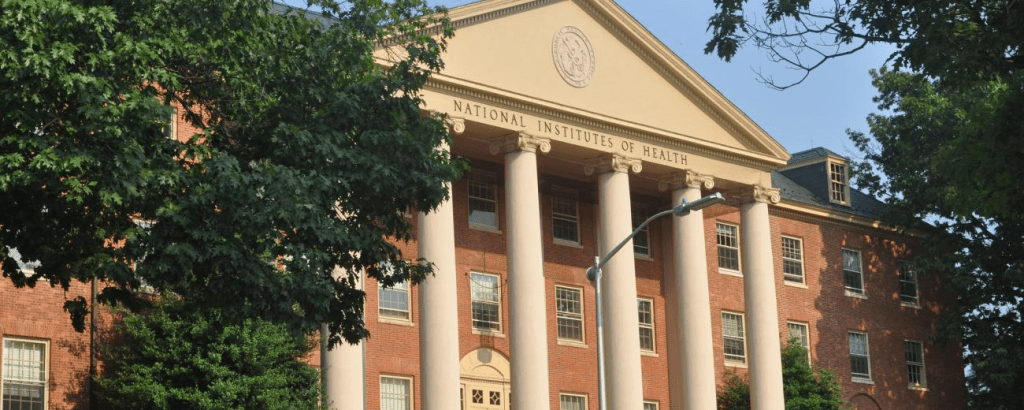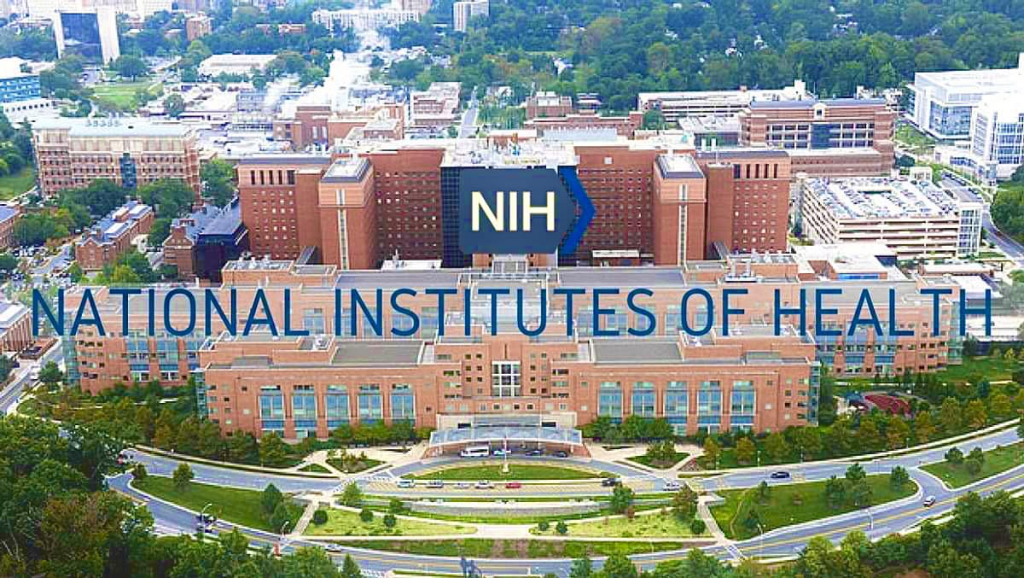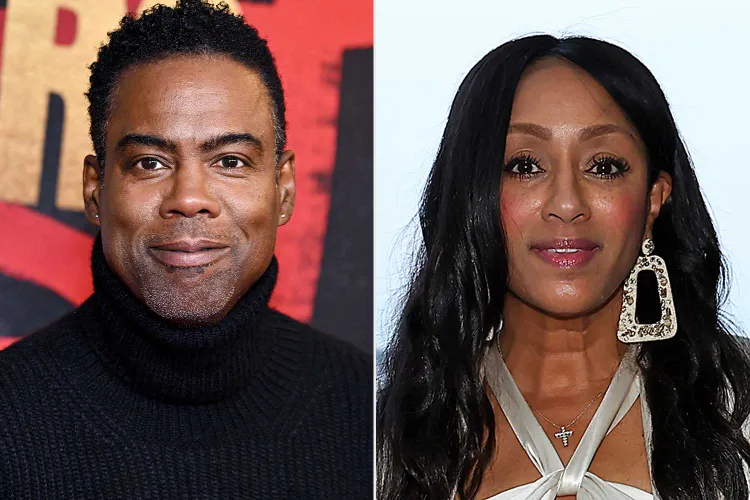Dr. Jeanne Marrazzo Fired After Months on Leave — RFK Jr. Continues Overhaul of Fauci-Era Leadership
On October 3, 2025, the Department of Health and Human Services confirmed that Dr. Jeanne Marrazzo, the director of the National Institute of Allergy and Infectious Diseases, has officially been terminated. Marrazzo, who stepped into the role in August 2023 to succeed Anthony Fauci, was placed on administrative leave back in March. Now, after months of uncertainty, the Trump administration’s HHS Secretary Robert F. Kennedy Jr. has made the firing official, marking yet another dramatic moment in the ongoing restructuring of the federal public health establishment.

Marrazzo’s tenure at NIAID was marked by both praise and controversy. Known for her outspoken advocacy of vaccines, HIV prevention, and infectious disease research, she quickly became a polarizing figure in the post-Fauci era. While many in the medical community respected her scientific credentials, her critics often accused her of pushing what they saw as overly aggressive public health interventions. Her leadership style was closely tied to continuing Fauci-era approaches, which immediately put her in the crosshairs of a new administration that came in with a very different vision for public health priorities.

The move to fire her was not entirely unexpected. Marrazzo had filed a whistleblower complaint earlier this year, alleging that she faced retaliation for refusing to endorse policies she believed undermined vaccine research and weakened trust in public health agencies. In her complaint, she accused senior officials of sidelining her and eroding the scientific independence of the NIH. That complaint has not been resolved, and her termination could spark further legal battles in the months ahead.

Secretary Kennedy’s decision is part of a larger effort to remake the leadership of both the NIH and FDA. Several Fauci-era figures have already been replaced or pushed out, including Christine Grady, Fauci’s wife and longtime head of bioethics at NIH, and Clifford Lane, a senior infectious disease specialist and Fauci’s longtime deputy. Kennedy has framed these moves as essential to restoring public confidence in health agencies, promising to root out what he calls the “entrenched bureaucracy” that failed during the COVID-19 pandemic. Critics, however, argue that this purge undermines expertise and could politicize agencies that depend on independent science to function effectively.
Marrazzo’s exit will undoubtedly fuel the already heated debates over how the U.S. manages public health, especially when it comes to vaccines, pandemic preparedness, and medical research funding. For many, her firing represents a broader shift away from the scientific establishment that guided the country through COVID-19. To others, it is a necessary reset after years of frustration with health officials who were accused of overreach.

Whatever side of the debate people fall on, there is no denying that this moment carries symbolic weight. Dr. Fauci, for decades the face of U.S. infectious disease policy, retired in 2022, and Marrazzo was supposed to represent the continuity of that legacy. Her firing by RFK Jr. marks not just a change in personnel, but a deliberate rejection of that legacy altogether. It’s a reminder of how deeply public health has become politicized in America, and how battles over science, trust, and accountability are now playing out in the most high-profile ways.

For now, the NIH will be run by interim appointees until a new permanent director is announced. In the meantime, questions remain about whether Marrazzo’s whistleblower claims will gain traction, and whether her firing could deter other scientists from speaking out against political interference. What is clear is that her dismissal is not just about one scientist’s career, but about the ongoing transformation of America’s health leadership at one of the most pivotal times in its history.



